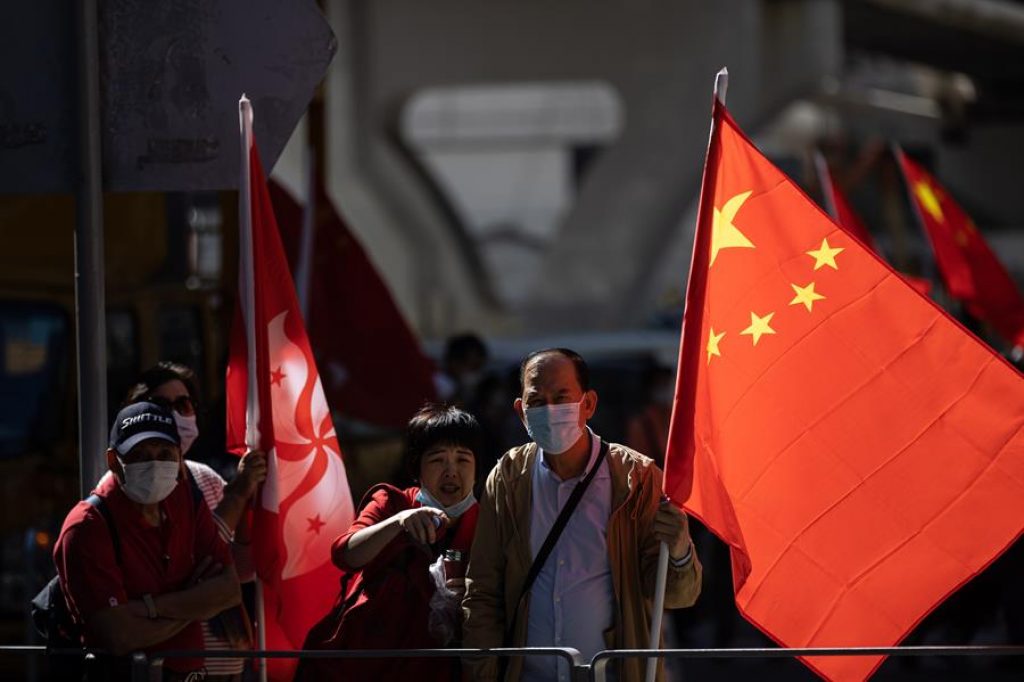China announced today that it will ban four US officials from entering the country after Washington announced December 10 sanctions for alleged human rights violations in the Xinjiang autonomous region.
The four officials sanctioned by China are part of the United States Commission for International Religious Freedom, including its president and vice president, said Chinese Foreign spokesman Zhao Lijian at a press conference, who assured that the decision is made “in basis for reciprocity “.
Among those sanctioned by the United States on December 10 are Shohrat Zakir, former head of the Xinjiang regional government, and his successor, Erken Tuniyaz, as well as the technology watchdog SenseTime.
The United States assured that during his tenures one million Uighurs, a Muslim minority, and members of other ethnic groups in that region were interned in guarded facilities.
In recent years, complaints have emerged from some Uighurs living abroad about their situation and that of other Muslim minorities in the region.
Last March, the European Union, the United Kingdom, the United States, and Canada, among others, already announced sanctions against several Chinese officials for alleged human rights abuses in Xinjiang that Beijing has repeatedly denied.
Representatives of the Xinjiang government have also expressed that the accusations are mere “falsehoods”.
Zakir himself previously defended before the local media that the aforementioned detention centers were actually “vocational training centers” and that they were opened under the directives of Chinese President Xi Jinping to fight against the “three forces of evil: terrorism. , extremism and separatism “.
For their part, organizations such as Amnesty International (AI) or Human Rights Watch (HRW) have warned of abuses, torture, and deaths in custody in these centers, in which, according to Beijing, “you learn Mandarin, notions of law and a trade “.
NGOs have also denounced that Muslims in Xinjiang cannot practice their faith freely.
The restrictions on reporting on this region are multiple and foreign journalists who travel independently to Xinjiang are subjected to continuous surveillance and intimidation, the China Foreign Correspondents Club states in its latest report.
